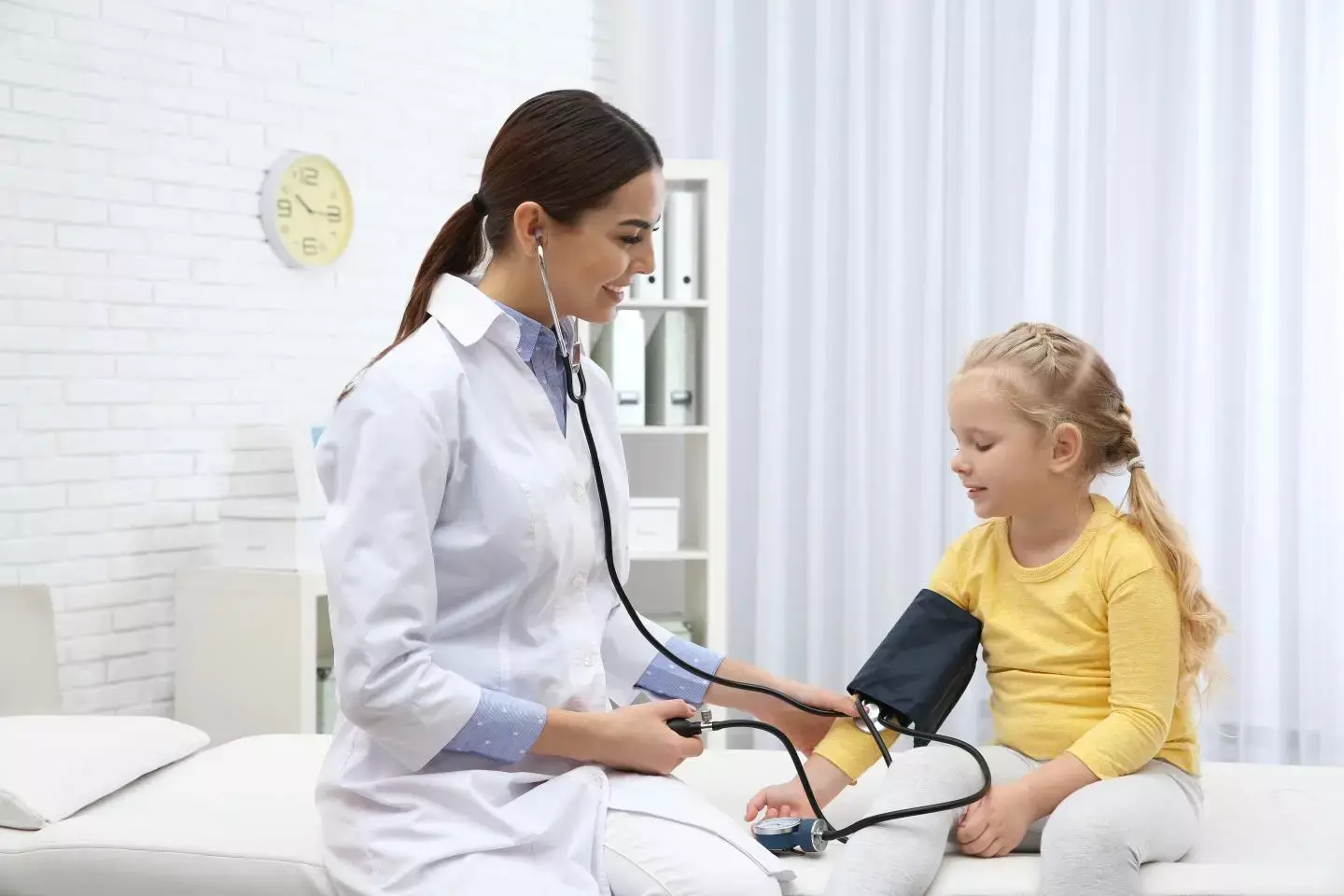- Home
- Medical news & Guidelines
- Anesthesiology
- Cardiology and CTVS
- Critical Care
- Dentistry
- Dermatology
- Diabetes and Endocrinology
- ENT
- Gastroenterology
- Medicine
- Nephrology
- Neurology
- Obstretics-Gynaecology
- Oncology
- Ophthalmology
- Orthopaedics
- Pediatrics-Neonatology
- Psychiatry
- Pulmonology
- Radiology
- Surgery
- Urology
- Laboratory Medicine
- Diet
- Nursing
- Paramedical
- Physiotherapy
- Health news
- Fact Check
- Bone Health Fact Check
- Brain Health Fact Check
- Cancer Related Fact Check
- Child Care Fact Check
- Dental and oral health fact check
- Diabetes and metabolic health fact check
- Diet and Nutrition Fact Check
- Eye and ENT Care Fact Check
- Fitness fact check
- Gut health fact check
- Heart health fact check
- Kidney health fact check
- Medical education fact check
- Men's health fact check
- Respiratory fact check
- Skin and hair care fact check
- Vaccine and Immunization fact check
- Women's health fact check
- AYUSH
- State News
- Andaman and Nicobar Islands
- Andhra Pradesh
- Arunachal Pradesh
- Assam
- Bihar
- Chandigarh
- Chattisgarh
- Dadra and Nagar Haveli
- Daman and Diu
- Delhi
- Goa
- Gujarat
- Haryana
- Himachal Pradesh
- Jammu & Kashmir
- Jharkhand
- Karnataka
- Kerala
- Ladakh
- Lakshadweep
- Madhya Pradesh
- Maharashtra
- Manipur
- Meghalaya
- Mizoram
- Nagaland
- Odisha
- Puducherry
- Punjab
- Rajasthan
- Sikkim
- Tamil Nadu
- Telangana
- Tripura
- Uttar Pradesh
- Uttrakhand
- West Bengal
- Medical Education
- Industry
Urate-lowering therapy with allopurinol does not lower systolic BP, Finds study

CAPTION
Blood pressure measurements in children and adolescents should be taken from both arms after new research showed substantial differences could be seen depending on which arm was used.
CREDIT
Marcelo Leal
According to a recent research, it has been observed that urate-lowering therapy with allopurinol does not lower systolic BP or hsCRP level in young adults when compared with placebo, as published in the Arthritis and Rheumatology Journal.
Angelo L. Gaffo and colleagues from the University of Alabama at Birmingham and Birmingham VA Medical Center carried out the present study to determine whether serum urate reduction with allopurinol lowers blood pressure (BP) in young adults and the mechanisms mediating this hypothesized effect.
The authors conducted a single-center, randomized, double-blind, crossover clinical trial. Adults ages 18–40 years with baseline systolic BP ≥120 and <160 mm Hg or diastolic BP ≥80 and <100 mm Hg, and serum urate ≥5.0 mg/dl for men or ≥4.0 mg/dl for women were enrolled.
Main exclusion criteria included chronic kidney disease, gout, or past use of urate-lowering therapies. Participants received oral allopurinol (300 mg daily) or placebo for 1 month followed by a 2–4 week washout and then were crossed over.
Study outcome measures were change in systolic BP from baseline, endothelial function estimated as flow-mediated dilation (FMD), and high-sensitivity C-reactive protein (hsCRP) levels. Adverse events were assessed.
The following findings were highlighted-
a. Ninety-nine participants were randomized, and 82 completed all visits.
b. The mean ± SD age was 28.0 ± 7.0 years, 62.6% were men, and 40.4% were African American.
c. In the primary intent-to-treat analysis, systolic BP did not change during the allopurinol treatment phase (mean ± SEM −1.39 ± 1.16 mm Hg) or placebo treatment phase (−1.06 ± 1.08 mm Hg).
d. FMD increased during allopurinol treatment periods compared to placebo treatment periods (mean ± SEM 2.5 ± 0.55% versus −0.1 ± 0.42%; P < 0.001).
e. There were no changes in hsCRP level and no serious adverse events.
Hence, the authors concluded that "urate-lowering therapy with allopurinol does not lower systolic BP or hsCRP level in young adults when compared with placebo, despite improvements in FMD. These findings do not support urate lowering as a treatment for hypertension in young adults."
Dr. Nandita Mohan is a practicing pediatric dentist with more than 5 years of clinical work experience. Along with this, she is equally interested in keeping herself up to date about the latest developments in the field of medicine and dentistry which is the driving force for her to be in association with Medical Dialogues. She also has her name attached with many publications; both national and international. She has pursued her BDS from Rajiv Gandhi University of Health Sciences, Bangalore and later went to enter her dream specialty (MDS) in the Department of Pedodontics and Preventive Dentistry from Pt. B.D. Sharma University of Health Sciences. Through all the years of experience, her core interest in learning something new has never stopped. She can be contacted at editorial@medicaldialogues.in. Contact no. 011-43720751
Dr Kamal Kant Kohli-MBBS, DTCD- a chest specialist with more than 30 years of practice and a flair for writing clinical articles, Dr Kamal Kant Kohli joined Medical Dialogues as a Chief Editor of Medical News. Besides writing articles, as an editor, he proofreads and verifies all the medical content published on Medical Dialogues including those coming from journals, studies,medical conferences,guidelines etc. Email: drkohli@medicaldialogues.in. Contact no. 011-43720751


